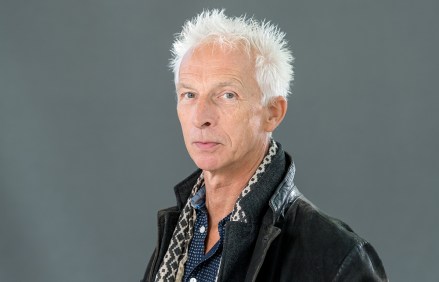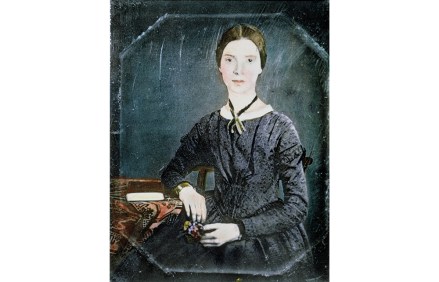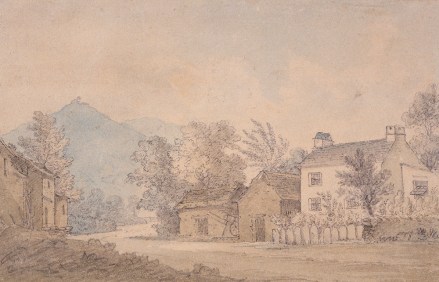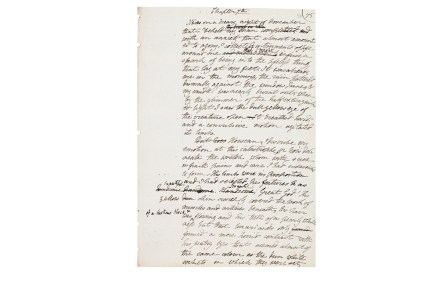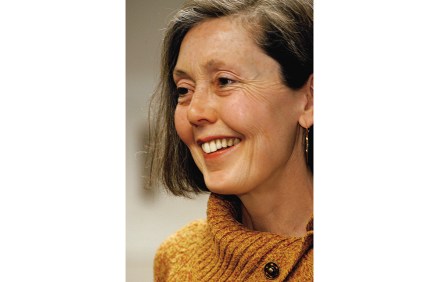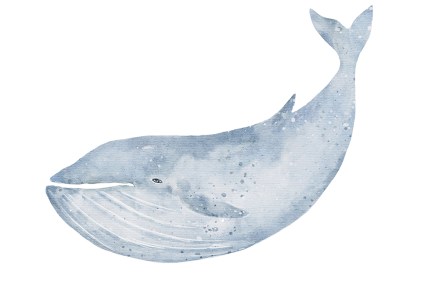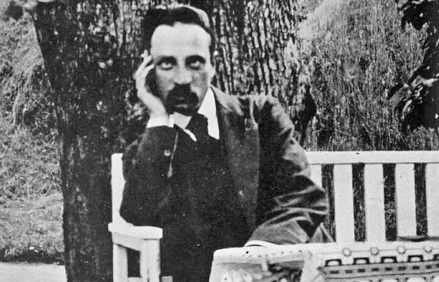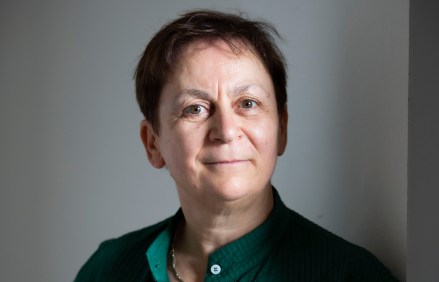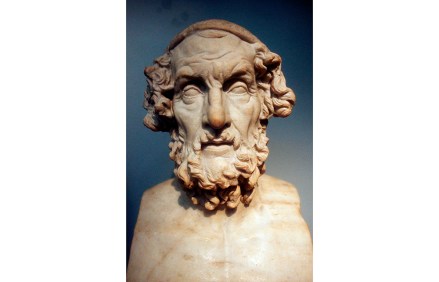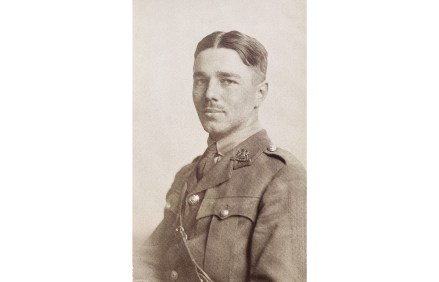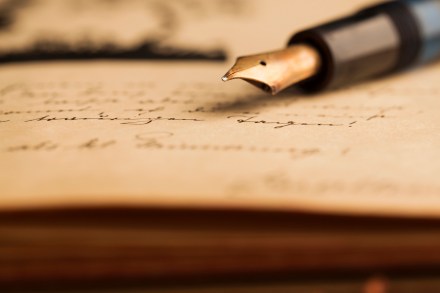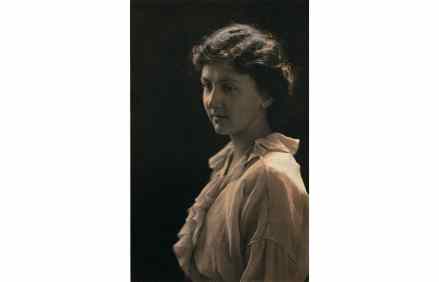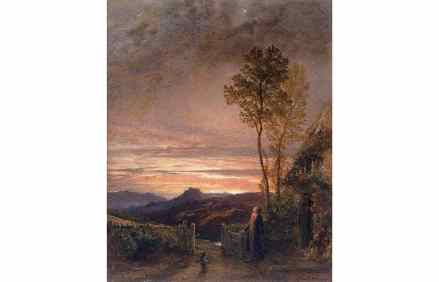Roger McGough: Collected Poems 1959-2024
35 min listen
My guest in this week’s Book Club podcast is Roger McGough, whose new The Collected Poems: 1959-2024 anthologises a poetic career 65 years long and counting. Roger tells me about revisiting his old work and making it new, why he’s ‘not being serious’ about the future of Poetry Please, and how he narrowly missed being on the Pyramid Stage at Glastonbury.






